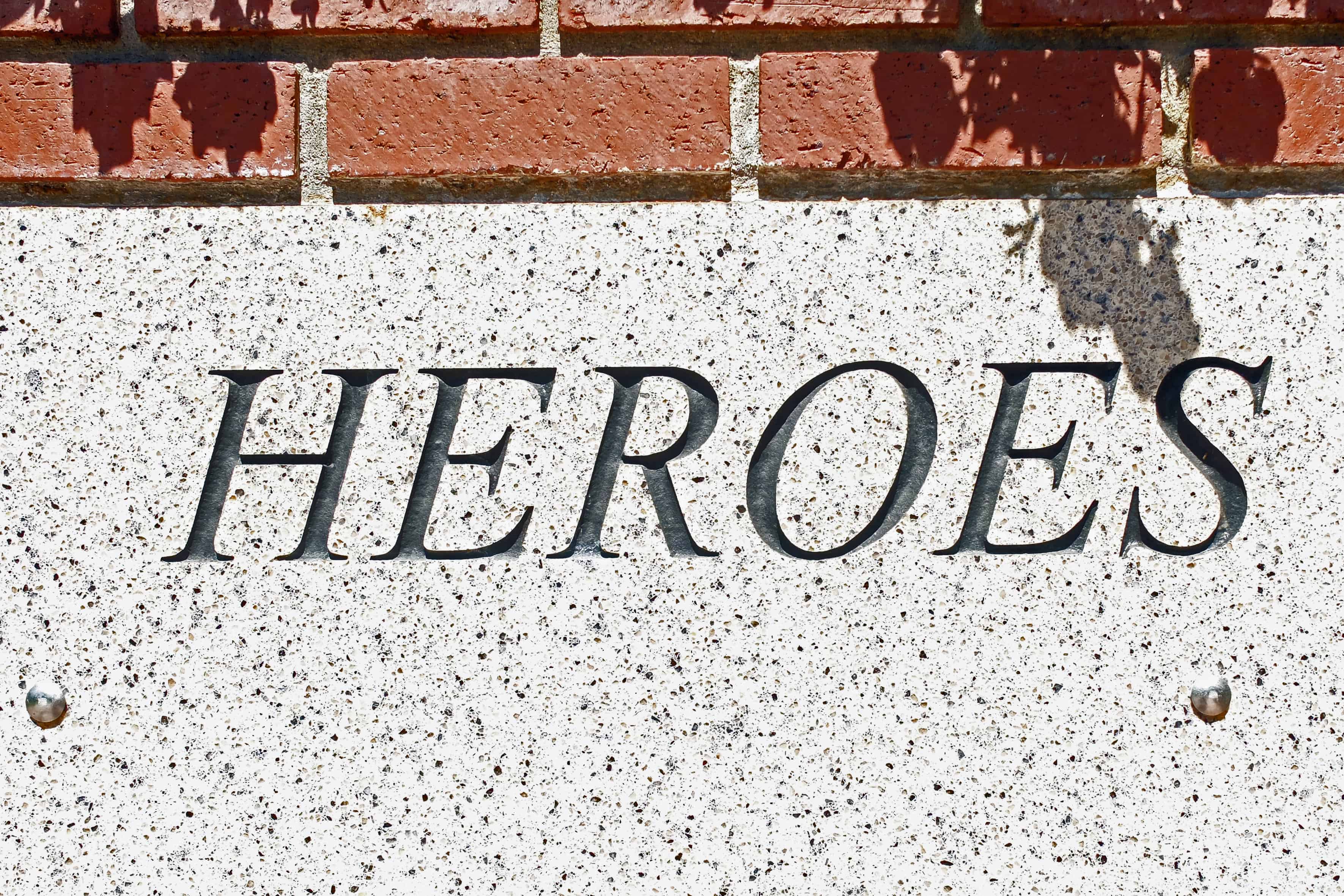It’s not what we’re born with that defines us. Rather, it is what we make of our circumstances that makes us the people we are.
In a world full of superhero adaptations, this sentiment is hardly original or surprising. Just look at a few popular examples. It is not Batman’s wealth which defines him but instead how he uses it to fight crime. If Spiderman used his web-slinging to rob purses, he would hardly be noteworthy in his world.
And in their worlds, having superpowers is a rarity. Their powers are, by their nature, exceptional. We, on the other hand, do not live in a world where people can shoot webs or fly through the air. But that doesn’t mean that we lack talent. Some of us are born with great intelligence or people skills. Others are naturally athletic or musical.
Most of these talents are inherently neutral. For example, a person with tremendous social skills could use them to bring people together, but also could use them to manipulate others and take advantage of them. The people skills have to be applied, and how they are applied makes a difference in the world and defines us.
*****
Most comic book superheroes live in a world where superpowers are rare. A handful of heroes and villains exist, and some, such as Batman or Iron Man, do not have “powers” strictly speaking. The fate of us normal people depends on the few. They are rare and inherently special, for better or worse.
What would superpowers count for in a world where they are common? My Hero Academia, a popular anime midway through its third season, explores that very question. In its world, 80 percent of the population has some sort of superhuman ability 1. And these abilities, or “quirks” as they are known in the universe, are inherently neutral. Those who use their powers professionally are broadly split into two groups: heroes and villains. Sound familiar?
In the series, there are numerous schools meant to train the heroes of tomorrow, and some individuals have an inherent advantage to their powers. One character has the ability to create explosions; another has the ability to cancel gravity on anything she touches. But it is not the talent itself that defines the individual. It is only when the heroes-in-training choose how to use their abilities that they begin to define them.
Character arcs and fights are linked to how a person decides to use their quirks. As characters face the harsh reality of cruelty or abuse of power and position in the world, they are challenged to adapt their worldviews and choose whether or not to stay true to either the hero or villain path they have chosen.
The same principle is true in our own lives. As we grow and mature, we have to face the fact that the world is not as clear-cut as we might imagine it. People are flawed and complicated. This includes us. Every role model has a flaw, and every difficult situation has some redeeming quality to it. We know this from experience. How we decide to use our talents to respond to these moments changes our view of the world and how we interact with it. And it makes a difference in the world.
*****
My Hero Academia does not shy away from difficult realities. As the series progresses, the world becomes less black-and-white with heroes always in the right and villains always in the wrong. Instead, we find heroes occasionally acting villainously by breaking the rules to save their friends, or we see villains criticizing “fake” heroes who chose the profession for their own gain2.
When we first commit our talents to something, we see it only in part. It’s the honeymoon effect: everything feels great at the beginning. As we continue along with whatever that is, be it a job, project, or relationship, we start to see it more fully. And the reality is always more complex.
We often come to see that what we thought of as good is something we fundamentally disagree with, and we have to walk away from it. Or perhaps we need to compromise part of who we are to stay committed. On a more positive note, that deeper understanding might give us greater drive and passion and help us contribute more and more.
*****
In just the second episode, the protagonist Deku says that the series is the story of how he became the world’s greatest hero. “But how?” the viewer is left wondering. Deku is part of the 20 percent of the population without a quirk. Born without one, he has one passed to him because of his heart and determination3. If he succeeds, it will only be because of how he uses his quirk to better the world.
Can it really be? Can someone born without powers become the world’s greatest hero in a world filled with superpowers? What a message of hope that would be for all of us! We too can make something special of the gifts we have been given to make the world a better place.
//
The cover photo is featured courtesy of Jason Taellious from Flickr Creative Commons.
- Though many of those quirks are not particularly noteworthy or helpful in wider society. ↩
- Stain’s impact on the universe is a powerful critique that continues to ripple out in the series. ↩
- Quirks normally cannot be passed from one person to the next. Note that Deku’s quirk, “One For All,” is an exception. ↩


